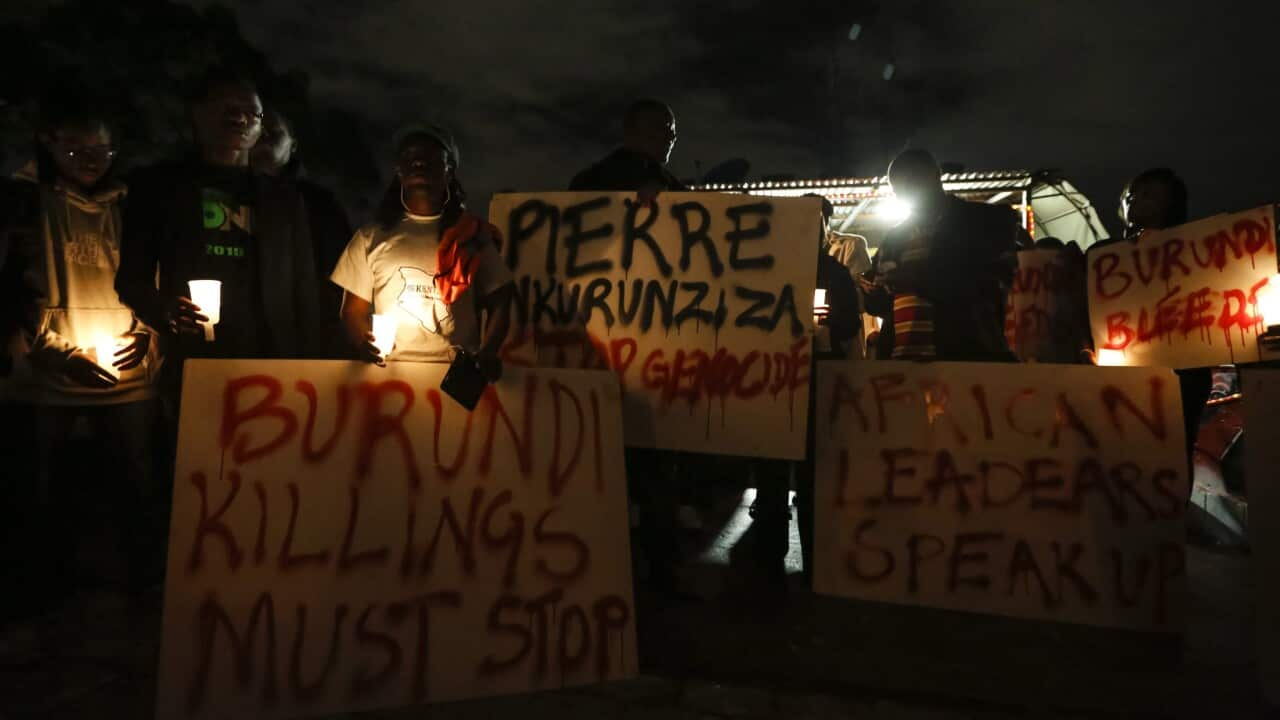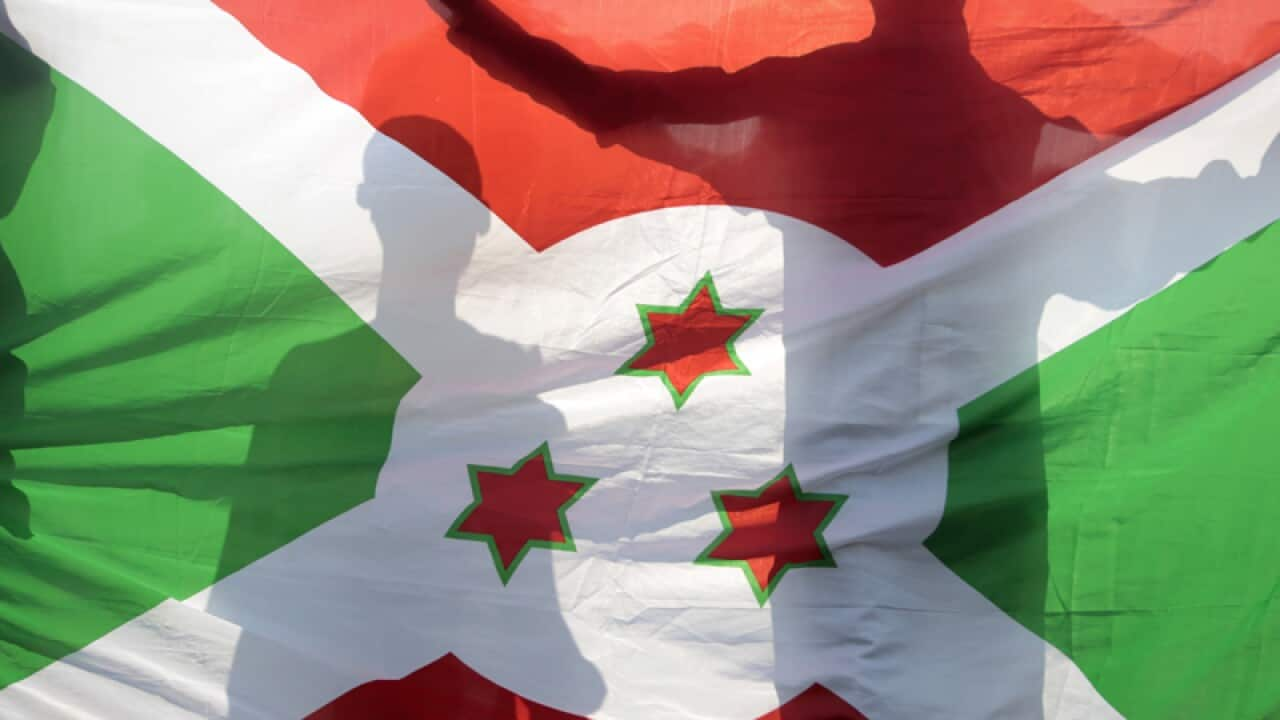Satellite images show five possible mass graves on the outskirts of Burundi's capital at sites consistent with testimony by witnesses who accused security forces of killing dozens of people in December, Amnesty International says.
Witnesses said graves were dug on the afternoon of December 11, and before and after images and video footage show disturbed earth at five sites in the Buringa area on the edge of Bujumbura, rights group Amnesty said in statement on Friday.
related reading

Burundi peace talks to resume
"These images suggest a deliberate effort by the authorities to cover up the extent of the killings by their security forces and to prevent the full truth from coming out," said Muthoni Wanyeki, Amnesty's regional director for East Africa, the Horn and the Great Lakes.
A spokesman for Burundi President Pierre Nkurunziza was not immediately available for comment on the Amnesty report.
On December 11 gunmen attacked military bases. UN human rights chief Zeid Ra'ad Al Hussein said the authorities responded with house searches, arrests and alleged summary executions. The fighting killed at least 87 people, but Zeid said figures from other sources were considerably higher.
The United Nations said it is also analysing satellite images to investigate witness reports of at least nine mass graves in and around the capital Bujumbura, including one in a military camp, containing more than 100 bodies in total.
related reading

Fears for Burundi as deadly violence escalates
African states are trying to push Nkurunziza to accept peacekeeping troops at a summit this week to prevent Burundi sliding back into ethnic conflict but there is little hope that he will agree, officials said.
If the African Union sent in the force without Burundi's consent it would have to invoke Article 4 of the union charter, which gives it the right to intervene "in respect of grave circumstances, namely: war crimes, genocide and crimes against humanity".
The African Union would also seek UN Security Council approval for such a deployment.
Nkurunziza's re-election for a third term last year sparked the crisis, which has raised fears of an ethnic conflict in a region where memories of neighbouring Rwanda's 1994 genocide remain fresh.
Share


